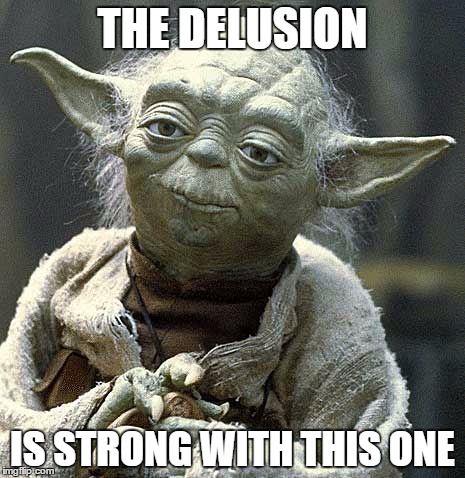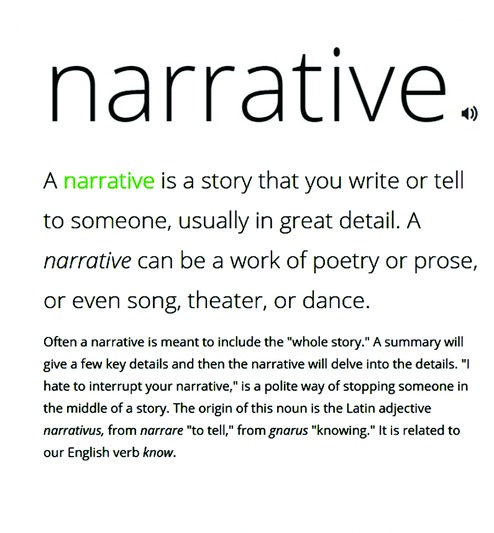I have spent a large amount of time in 2020, researching and writing about logistics. In a recent project, I have had a front-row seat to see its strain on brands. The stepchild of e-commerce is not flashy and visible by consumers but can make or break customer perception. The final mile has an enormous impact on consumers’ experience, and in Q4 2020, it will become more critical.
Logistics is somewhat opaque currently, and in most cases, it can lead to many breaking points. Amazon has changed customer perceptions based on speed. On-demand startups such as Darkstore, FLEXE, and Flowspace also add complexity, which the customer does not see.
The sector is a low margin, capital intensive part of commerce that is due for innovation. It’s a topic that is not cool, nor does it get the attention it deserves.





